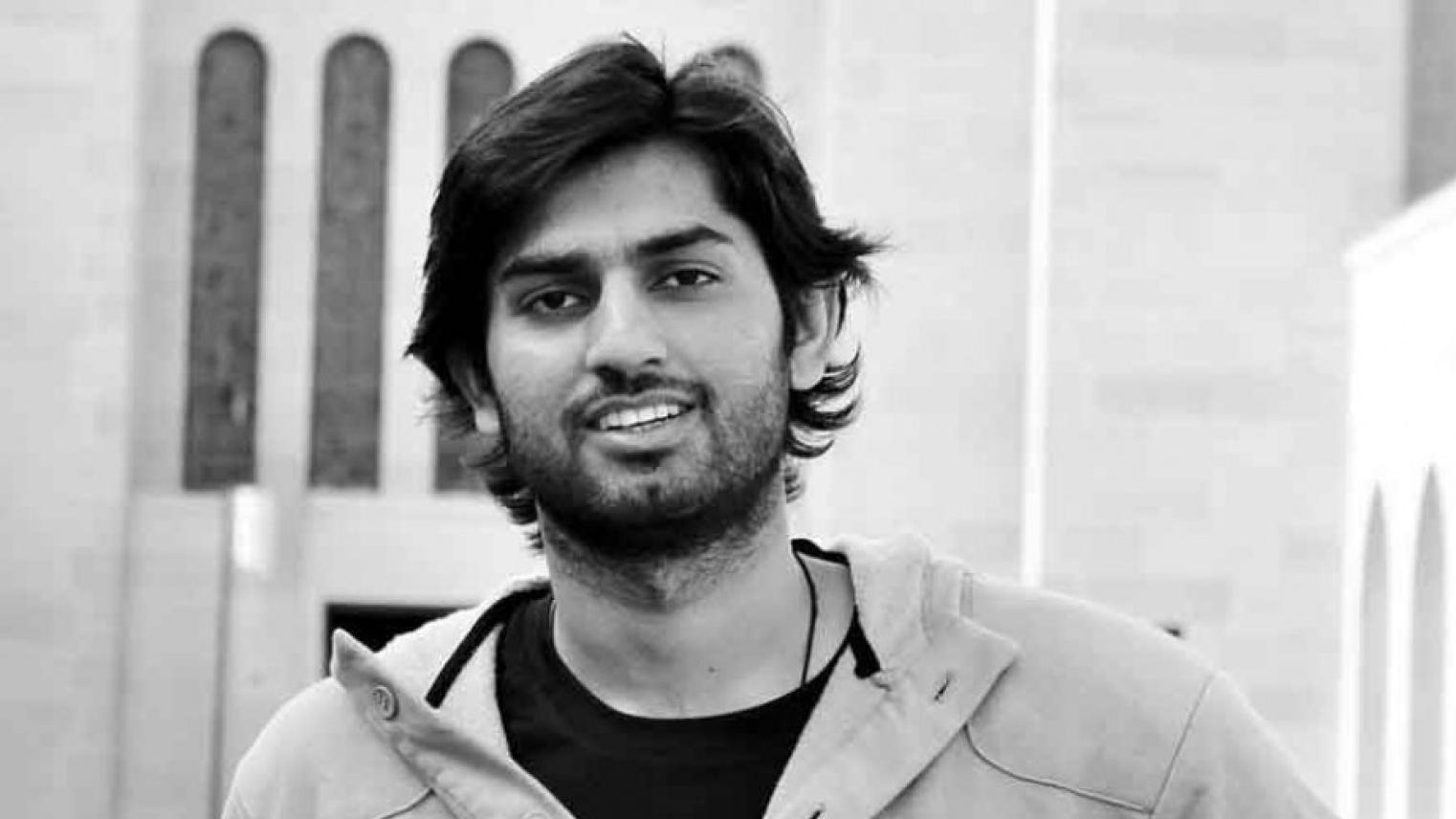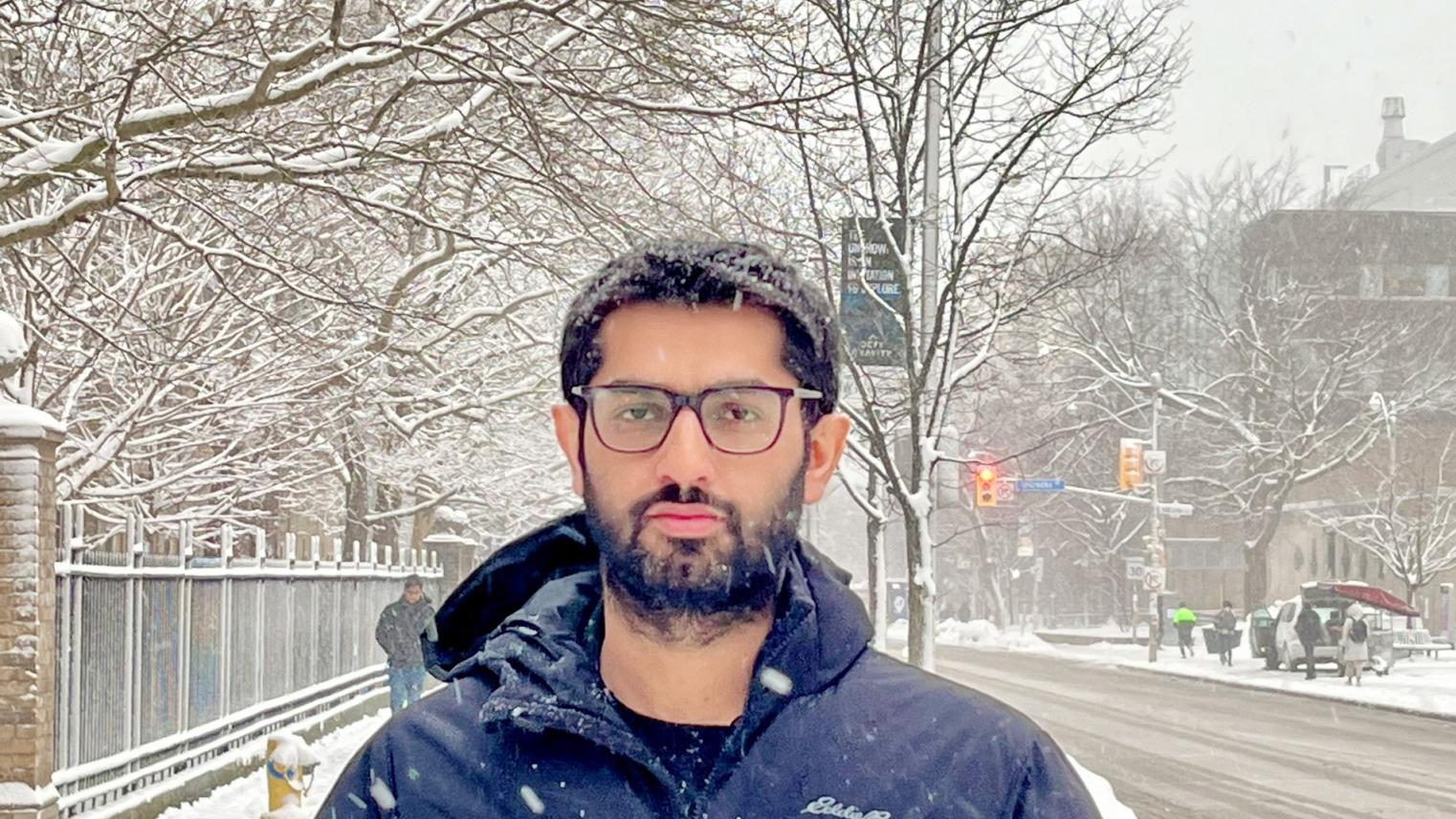To Toronto and Back: Meet DECRA Fellow Muhammad Kavesh

He completed his PhD at the School of Culture, History & Language in 2018. He released his first book, Animal Enthusiasms as a CHL-affiliated Post-Doctoral Fellow in early 2021. His journey from ANU to the University of Toronto, Canada in 2021 was not easy with family in tow, especially in a pandemic environment, but according to Dr Muhammed Kavesh, ANU gave him the ideal platform for exploring new avenues. In 2022, this CHL academic did the School proud once again by becoming the recipient of a 2022 ARC Discovery Early Career Researcher Fellowship, for his project, Donkey Politics: How China’s Belt & Road shapes everyday life in Pakistan.
Kavesh recently returned to ANU from Canada, so we took the opportunity to catch up with him hear more about his DECRA journey, as well as the new chapter in his academic story…
Welcome back to ANU! What was the highlight of your time in Toronto?
Thank you so much for the incredibly warm welcome back to my academic home at ANU. It’s like returning to a place that holds countless cherished memories and has been the foundation of my educational journey. The supportive and nurturing environment at ANU has played a pivotal role in shaping my career and providing me with endless opportunities for growth. I am truly fortunate to be surrounded by colleagues and mentors who genuinely care about my development and are always there to lend a helping hand. The CHL community goes above and beyond to foster personal and professional growth!
My time in Toronto was truly remarkable. I was immersed in the world of brilliant scholars at the University of Toronto, where I had the privilege to learn from some of the brightest minds in anthropology and South Asian studies. Building upon my previous ethnographic insights, I had the opportunity to delve deeper into emerging theoretical debates in anthropology and social sciences. The intellectual discussions and the exchange of ideas were remarkable, and I forged lasting and enriching connections.
But it wasn’t just the academic aspect that made my time in Toronto special. The daily walk from my house to the campus, navigating the bustling downtown streets, provided a unique space for introspection and contemplation. During these moments, complex ideas began to unravel in my head. Toronto truly left an indelible mark on my academic journey, both intellectually and experientially.
Can you share a funny or wacky anecdote from your time in Toronto?
Many funny anecdotes from my time in Toronto still bring a smile to my face. Imagine strolling along the streets, minding your own business, when suddenly you stumble upon a full-blown film shoot! It turns out that Toronto is a hotbed for Hollywood films and TV series, attracting the glitz and glamour of the entertainment industry. Witnessing these movie shoots became a regular occurrence, almost like stumbling upon a real-life movie set each week. The city’s vibrant art scene, stunning architecture, and buzzing atmosphere make it an ideal destination for creative projects of all kinds. I even had the pleasure of showing some Australian friends around Toronto during their visit, and they were absolutely captivated by the city’s dynamic ambience.
Congratulations on your article Contested Flights being featured in the prestigious Journal of Asian Studies. Tell us more – what’s it about in a nutshell?
Thank you! In short, this article explores the intriguing world of flying pigeons and their multiple meanings as more-than-human border intruders in South Asia. It investigates the transformation of pigeons from “birds of sport” to “birds of threat” when they cross the India-Pakistan border. I employ a more-than-human anthropological lens and draw on historical records to argue why pigeon intrusion is interpreted as a source of threat, danger, and panic in contemporary South Asia. Building upon the works of philosophers Jean-Luc Nancy and Jacques Derrida, I try to provide critical insights into the complexities of intrusion, interspecies generosity, and their significance in shaping the India-Pakistan relationship since Partition.
What are your key priorities or plans in the near future/what are you working on currently?
My future priorities revolve around expanding my research portfolio and delving deeper into the intricate world of the donkey trade at the Pakistan-China border. This research not only aims to unravel the complexities of international trade within the geopolitical context of the Belt and Road Initiative but also explores broader questions surrounding sustainability, development, and coexistence. I am thrilled about learning from my colleagues here at ANU and abroad, as these discussions open up new and exciting avenues and offer fresh perspectives.
Being back at CHL fills me with immense joy, and I’m eagerly looking forward to making meaningful contributions to the academic community here and beyond.
Well, we are equally thrilled to have you back with us, Kavesh, and we look forward to sharing in your many adventures and milestones ahead!
